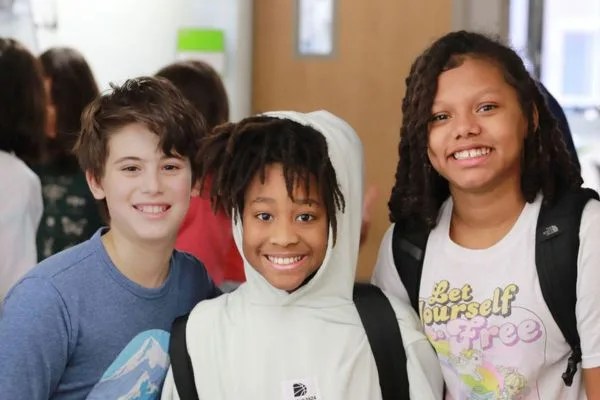Parenting a child with a disability comes with its own set of unique frustrations: the level of exhaustion might be tripled; evaluations and assessments are often scary and stressful; and there may not be one best way to move forward with therapy.
Fortunately, most mothers of children with disabilities are positive, proactive, and energetic. They lead support groups, are activists in the special education community, and are champions for their children.
However, even the most optimistic of these mothers has struggled with anxiety and worry at one time — or 100. Here are some suggestions from parents who have been there — and what they’ve learned along the way.
• Kim Stagliano, a mother of three autistic daughters, is somewhat of an expert on the subject. She’s even written a book in which she chronicles her experiences with her daughters. “All I Can Handle; I’m No Mother Theresa” is funny, sad, and informative. When asked what helped get her through the worst of times, she said that there were moments in which all she could do was hope.
Kim suggests parents let their emotions take course; if you need to cry, do it. It can be cathartic. She says she remembers feeling like a hamster on an exercise wheel. She was exhausted, but knew that her girls needed care. There will not be an end to the demands, she says, so you need to learn to deal with it.
To start, Stagliano suggests building a support system.
Family members or neighbors can offer love and — hopefully — periodic babysitting, but parents of special-needs kids also need to find families in similar circumstances.
Find national websites that provide information and research, as well as ones that offer an online community of parents whose needs mirror your own, and with whom you can chat. Look to see if there are support groups near you. Through these websites and support groups, you may also find therapy tips, nutrition and diet information, and possible social outlets for you and your family.
• Julie McAllister, a mother of one child with Asperger’s Syndrome and one child with food allergies, has had her share of depression. Before her children were diagnosed, she says she began to feel lonely, guilty and isolated as she did her best to raise her sons. There was very little sleeping going on at her house, she says, and between the exhaustion and her sons’ mysterious meltdowns, McAllister rarely left her home. She says she finally began to treat her depression by making self-care a priority. She focused on nutrition, and sought the help of educated professionals. Because she made time for herself, she says, she had more energy and enthusiasm for her family.
Stagliano echoes Julie’s sentiment about needing to have a life. While taking an exercise class or going out with friends might be best, that involves finding child care, which can be tricky. If the only option is watching a favorite television program, or reading a good book, do it. To maintain the endurance necessary for raising a child with special needs, it’s important to lose yourself in another world from time to time. It’s in those moments that you might determine what you need for yourself, whether it’s rearranging the therapy schedule, getting help with chores, or getting out of the house by yourself for an hour or two a week. There are also activities that your whole family can enjoy, and they include special assistance. One, Programs to Educate All Cyclists, helps individuals with disabilities develop cycling skills for recreation, fitness and transportation. You can also try horseback riding. Therapeutic riding facilities are common, and children who never thought to get on a horse are amazed at the independence and enjoyment riding can offer. So, explore the Internet, ask questions, and keep an open mind. Finding a new family hobby can bring a feeling of accomplishment, bonding and fun.
It won’t always be easy, but there is help.
If you are struggling to find resources, contact your school district. Or, if the school cannot help you, start making phone calls and don’t stop until you find what you are looking for.
Kim Stagliano’s book, “All I Can Handle; I’m No Mother Theresa,” is available in bookstores now. You can also visit her website, www.kimstagliano.com.
Julia Garstecki is a freelance writer living in western New York. Her passion for writing is second only to her passion for her family. Contact her with your stories at juliagarstecki@gmail.com.



















